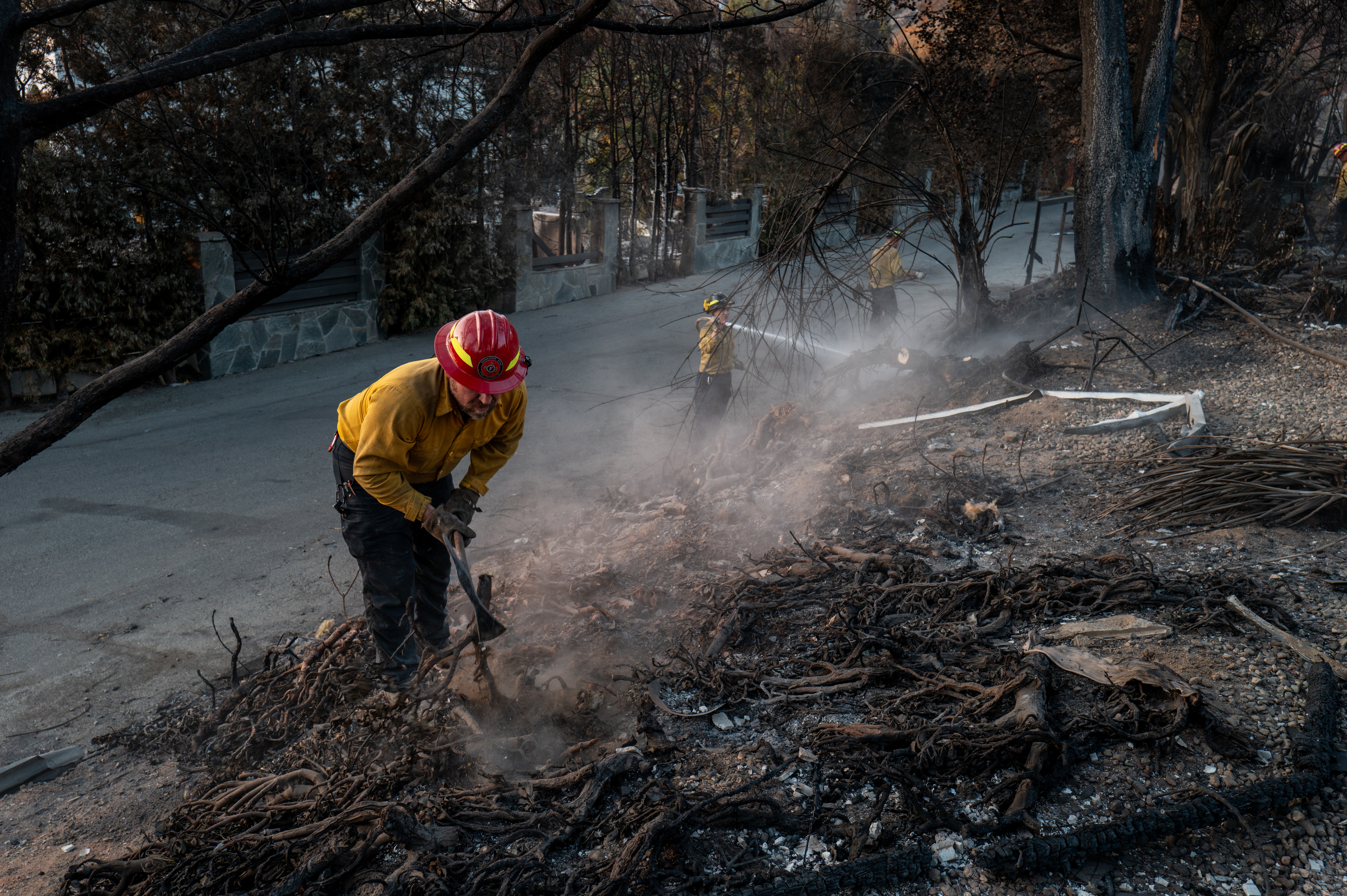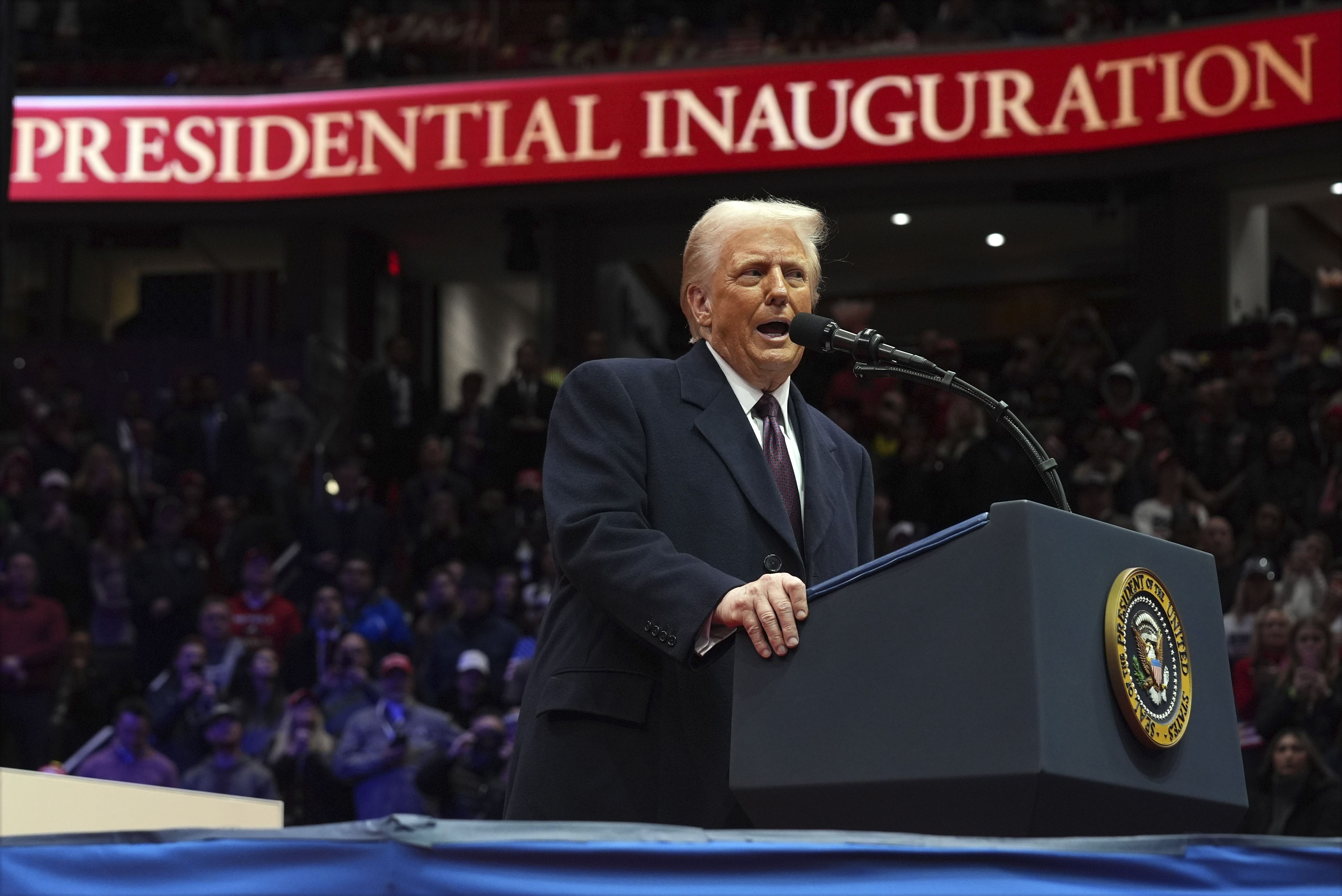Sen. Ricardo Lara’s proposed bill, which aims to prevent LGBT discrimination at faith-based colleges, has conservative groups, Christian colleges and LGBT advocacy groups clashing. Patrick Healy reports for the NBC4 News on Thursday, Aug. 4, 2016.
Buying airtime for radio messages and issuing a statement signed by the Roman Catholic Archbishop of Los Angeles are among the latest steps taken by faith-based groups opposed to legislation seeking to extend LGBT rights on the California campuses of religious colleges.
Senate Bill 1146 takes aim at decades-old exemptions from anti-discrimination laws afforded religious colleges under state and federal law. Approved by the state Senate, the bill is now scheduled to go before the Assembly Appropriations committee next week.
As many as 40 schools could be affected.
In one opposition radio spot airing in Los Angeles, a young woman expresses concern about losing options for college and implores listeners to contact their state representatives and urge them to "protect student rights" by opposing the bill as currently drafted.
Two prominent religious leaders issued a statement in opposition.
"SB 1146 would violate the religious freedom of faith-based colleges and could jeopardize higher educational opportunities for the tens of thousands of Californians they serve," Archbishop Jose H. Gomez and Bishop Charles E. Blake of the Church of God in Christ said in a joint statement.
Advocates for the bill contend it is needed to protect LGBT students from disparate treatment.
News
Top news of the day
"This is about discrimination," said Rick Zbur, executive director of California Equality. "We've had expulsions of kids from these schools."
During a legislative hearing in June, lawmakers heard from Anthony Villareal, who said he was expelled from William Jessup University in Rocklin three years ago for coming out as gay. The school denied that claim.
At Biola University in La Mirada, Vice President Lee Wilhite denied it has taken discriminatory actions based on LGBT status, calling such accusations a "false narrative." Wilhite said all students are required to follow a code of conduct, which forbids sex outside of marriage.
"We're in a situation where the Bible instructs in a certain way, and we want to follow God's tenets," Wilhite said.
"If they say they don't discriminate, then they have nothing to worry about," Zbur responded.
Except for seminars and schools dedicated specifically to preparing candidates for ministry, the bill's provisions would apply to all faith-based higher education schools that receive government funds, including grants to students.
It would require schools with the exemption to disclose it to applicants, and would also remove barriers that protect the schools from discrimination lawsuits.
A provision regarding dormitories would require that students have the option of being placed according to the sex with which they identify, even if that is not their sex at birth.
There were also concerns about potential impact on students being able to use Cal Grants to cover expenses at faith-based schools. The author of SB1164, Sen. Ricardo Lara, D-Bell Gardens, has said the bill would not interfere with Cal Grants.
Wilhite said the university's legal advisors see ambiguity in the bill's language, especially in light of an earlier bill proposal to forbid schools to accept Cal Grants if they claim the exemption from anti-discrimination laws.
Student Nohemi Ramirez, a Cal Grant recipient, said it is crucial that recipients not be precluded from attending a religious school. But she worries SB1146 would limit the ability of faith-based schools to integrate faith into its overall education.
"One of the main reasons I chose Biola was because I am able to integrate my faith in my major," Ramirez said.
Biola and other institutions represented by the Association of Independent California Colleges and Universities are seeking amendments before the SB1146 proceeds.
"We just want to make sure that we can still have the opportunity to care for these students in a way that aligns with our religious convictions," Wilhite said.
Loyola Marymount University is among the institutions affiliated with Catholic orders that have not taken a public position on SB1164. LMU, Santa Clara, and other Catholic universities receive a significanct number of applications from students who do not consider themselves practicing Christians.



